No really, we mean it this time. Seriously.
I was always going to get back to this eventually. As I’ve said multiple times, I’ve invested far too much aggravation in Attack on Titan to let it beat me. I’m going to finish the fucker, come hell or high water. But fittingly for a series whose RL timeline is as screwed up as this one, the final-final ultimate part whatever honest to God last episode didn’t air on TV episodically, but was dumped in two parts on Netflix. I always struggle to cover these OVA-type releases in the middle of a season (and at four “episodes” that’s effectively what Kanketsu-hen Part 2 is), and fall was quite a busy one too.
Plus, I mean, I have to psych myself up for Shingeki no Kyoujin. That’s easier to do when it’s airing/streaming episodically. But here I am – don’t ask me why this felt like the right time, but it did. As I said in my post on Part I, Kanketsu-hen is quite good Shingeki strictly in entertainment terms. But that almost seems beside the point now. This whole bloated franchise is larger than life in every sense of the word. Including the cavern it’s carved out in my subconscious. It’s been obnoxiously a part of my world for so long that it’s hard to imagine my world without it.
The funny paradox about AoT here at the end of all things is that when it’s strictly an action spectacle – as it is for much of the first half of this final block of material – it should be a relief. At least we’re not subject to Isayama’s disturbing world view. And it’s not like the show doesn’t do them well, even at MAPPA. But the truth is, I felt kind of cheated as all that Jerry Bruckheimer flannel was playing out. Having trudged eye-deep in this series’ shit philosophy for so long, I wanted it to be at the heart of the conclusion. The whole thing with finding the positives in the Holocaust and genocide generally was what this series had become, and I wanted Armin and Mikasa and their satellites to have to face it head-on, to swallow it.
That finally starts to assert itself as we edge towards the midpoint of the finale. Armin is captured by one Eren’s “original nine” titans – which he can apparently revive and reuse as often as he wants. As Armin does what he does best, ponder the big picture and reproach himself, the others beat their heads against a brick wall and think about trying to rescue him. Even now Mikasa can’t wrap her head around the idea that Eren needs to die – that he engineered this turn of events, that what he’s doing is evil, and that even he would have no complaints about his friends doing their best to end him. It’s what he signed up for.
We get out share of usual Deus ex machina moments here. Annie shows up from out of nowhere, riding a flying Falco no less. Characters are saved from death randomly at the last second countless times. There’s also Bertholdt appearing as some sort of puppet (I guess) though if there was an explanation for that I must have blinked at the wrong moment (it does sort of get explained later). By far the most interesting part of this first half is Armin’s conversation with Zeke somewhere inside Ymir’s consciousness (I guess). It’s not exactly Vinland Saga but at least the series is trying to go somewhere here with this discussion about meaning and meaninglessness between two of its smarter characters.
I think Armin’s answer in the end is the right one – the same one Tachikawa arrives at in the Death Parade finale, may I be jacketed in shame for even recalling its name in this context. Existence is its own meaning, and one doesn’t have to think of it in terms of procreation. Procreating is indeed what all living things do, Zeke isn’t wrong about that. It’s the imperative that drives their existence. But if that’s all humans are here to do, how exactly are we any different from amoebas or lichen or viruses? Maybe we aren’t, but however thin a reed it is to grasp at, I think out ability to play catch or race to a tree or enjoy the Marx Brothers does make us unique among Earth’s creatures.
That, unfortunately, is really the high-water mark of Kanketsu-hen Part II. It’s a mix of more big action pieces with “serious” content that mostly makes one yearn for them. I don’t think the politics of Attack on Titan really factor into the final denouement much, for better or for worse. Mostly it’s a matter of Eren martyring himself (and 4/5 of the human race) for the sake of Ymir’s daddy complex. One can argue the extent to which Eren exercised his own free will in engineering this conclusion – I would say that was actually a part of it. But in the end, it’s kind of an anti-climax for me.
That too is a paradox, and paradox is what really defines the Shingeki no Kyoujin experience. It’s been such a long and frustrating ride with this show that I honestly wasn’t sure how I’d feel building up to or after the end. Interestingly, what I wanted (I think) was to be angry. Having given up on the prospect of an ending that validated common decency and actually made sense, I wanted Isayama to fully embrace the darkness of his message and give me something (rage, even disgust) to take with me. But he denied me even that. Mostly he punted on the disturbing ideas he floated through much of this interminable final arcs, and as a result what I was left with was mostly indifference. And what fun is that?
I’m sure if I’d cared more about these characters that might have been different, and it’s hard to fault Isayama for writing a character-driven ending when he rightly assumed most of his readers cared a lot more about the characters than I do. That really gave me nothing to grasp onto, though. Armin was certainly the most interesting of the lot over the course of the series, but his personal story went completely off the rails by the end (we didn’t even get an Armin-Annie end – officially). Mikasa being the one to give Eren a buzz cut in the end was at least fitting – it should have been her, and there was a legit question of whether she’d go through with it in the moment.
And it really is a not with a bang, but a whimper (a quote I used in a post way back in Episode 10, in the midst of the Hell that was Trost) feeling for me now. The story of AoT is the story of Lost in Anime in a lot of ways – it’s been with us almost as long as the website has. It feels very strange and surreal for it to be over, but not in the way I once would have expected. It was just too silly, too misguided, took too long to get here for the end to have the impact I felt like it should have. I do appreciate the series for its uniquely bombastic moments, and I respect that it crossed over into the public consciousness in a way very, very few manga or anime ever have. But that’s more an abstraction that any depth of feeling.
I feel like I should say more – that after eleven years, I owe this series more. But I guess I’ll leave it there, because I just don’t have a whole lot that’s demanding to be said. Eras end, in anime and otherwise, and one moves on. Gone Shingeki no Kyoujin may be, but it certainly won’t be forgotten – not by me, and not by a world whose imagination it captured first among otaku in Japan, and eventually most of the world. And at least Erwin didn’t come back to life.


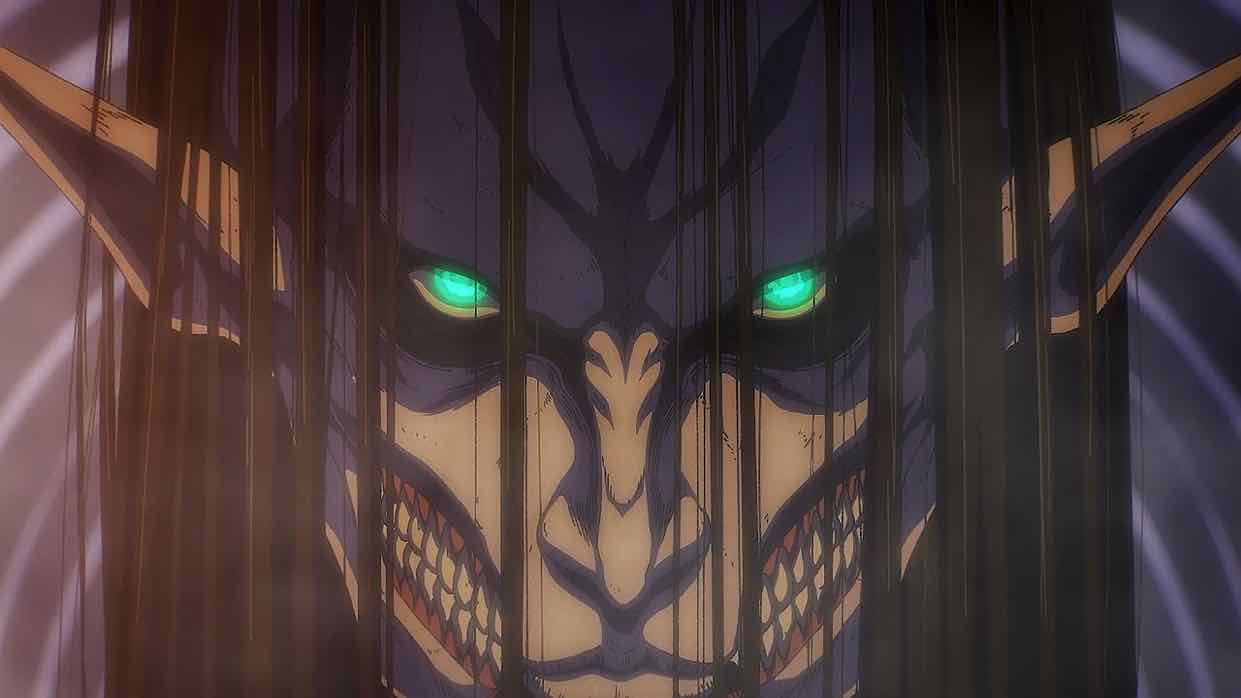
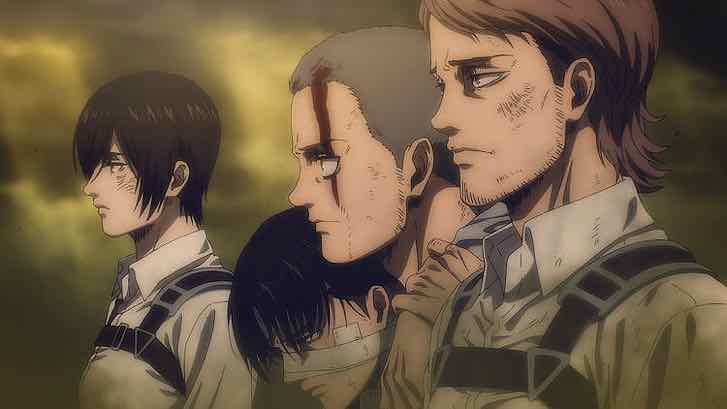
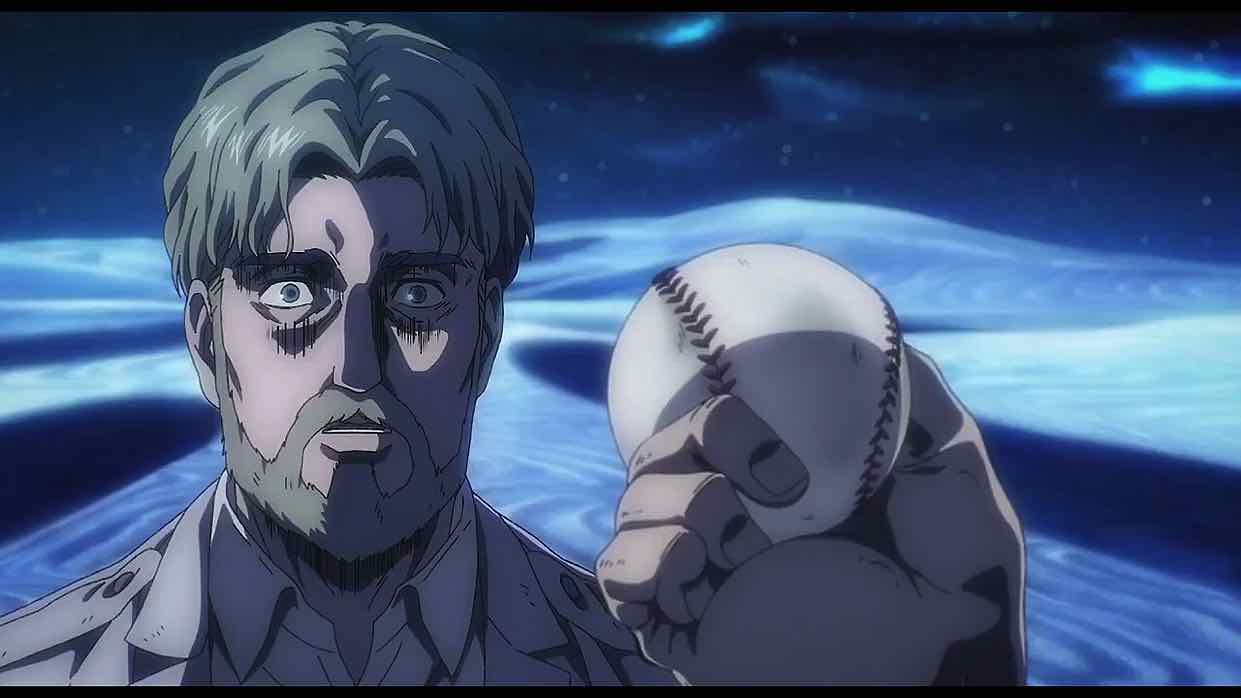
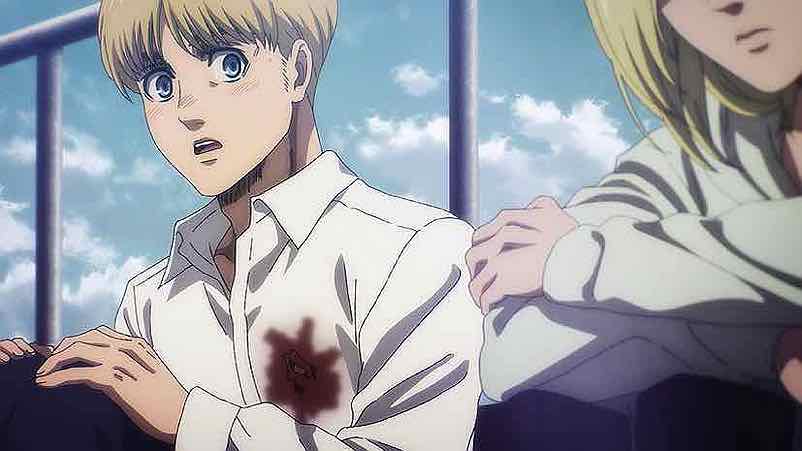
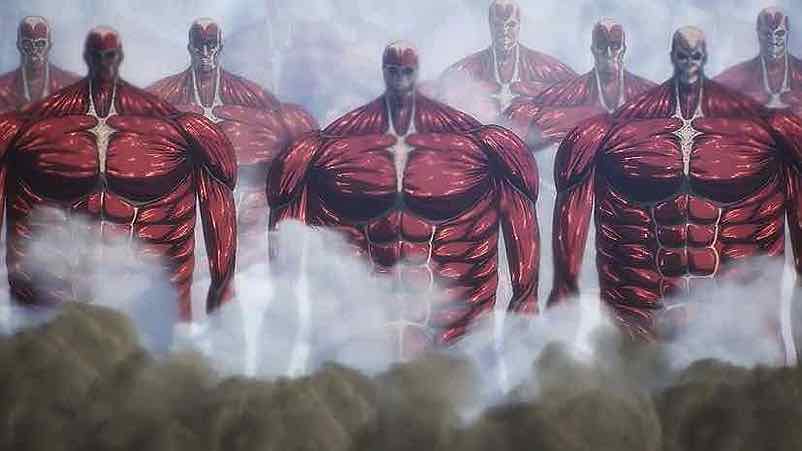
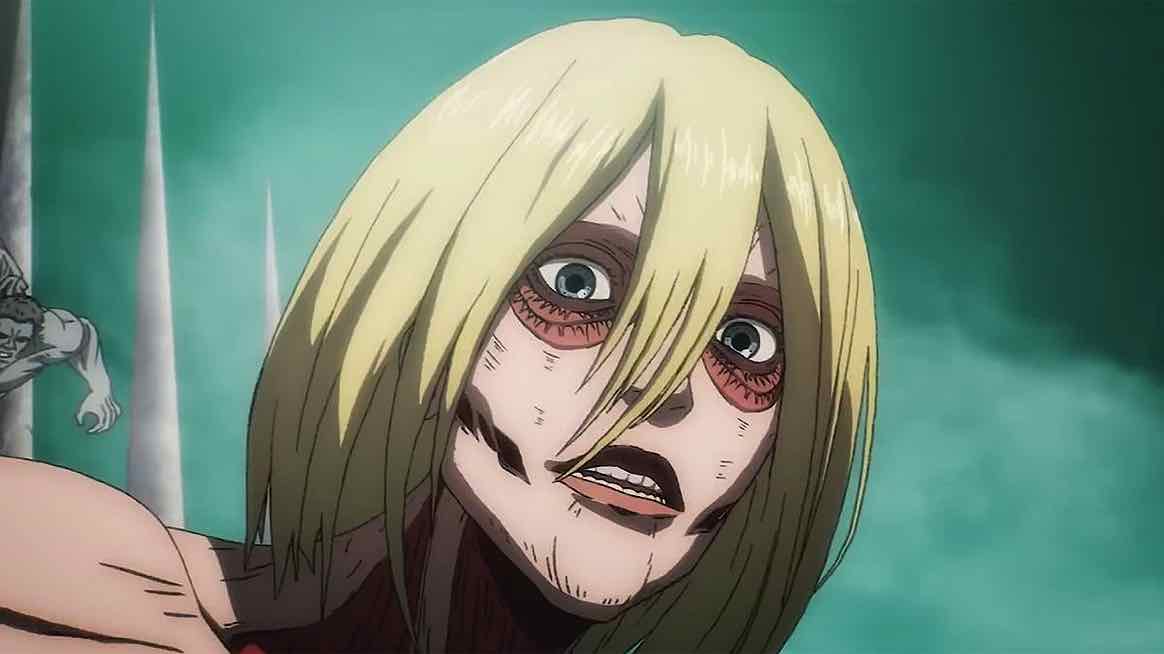
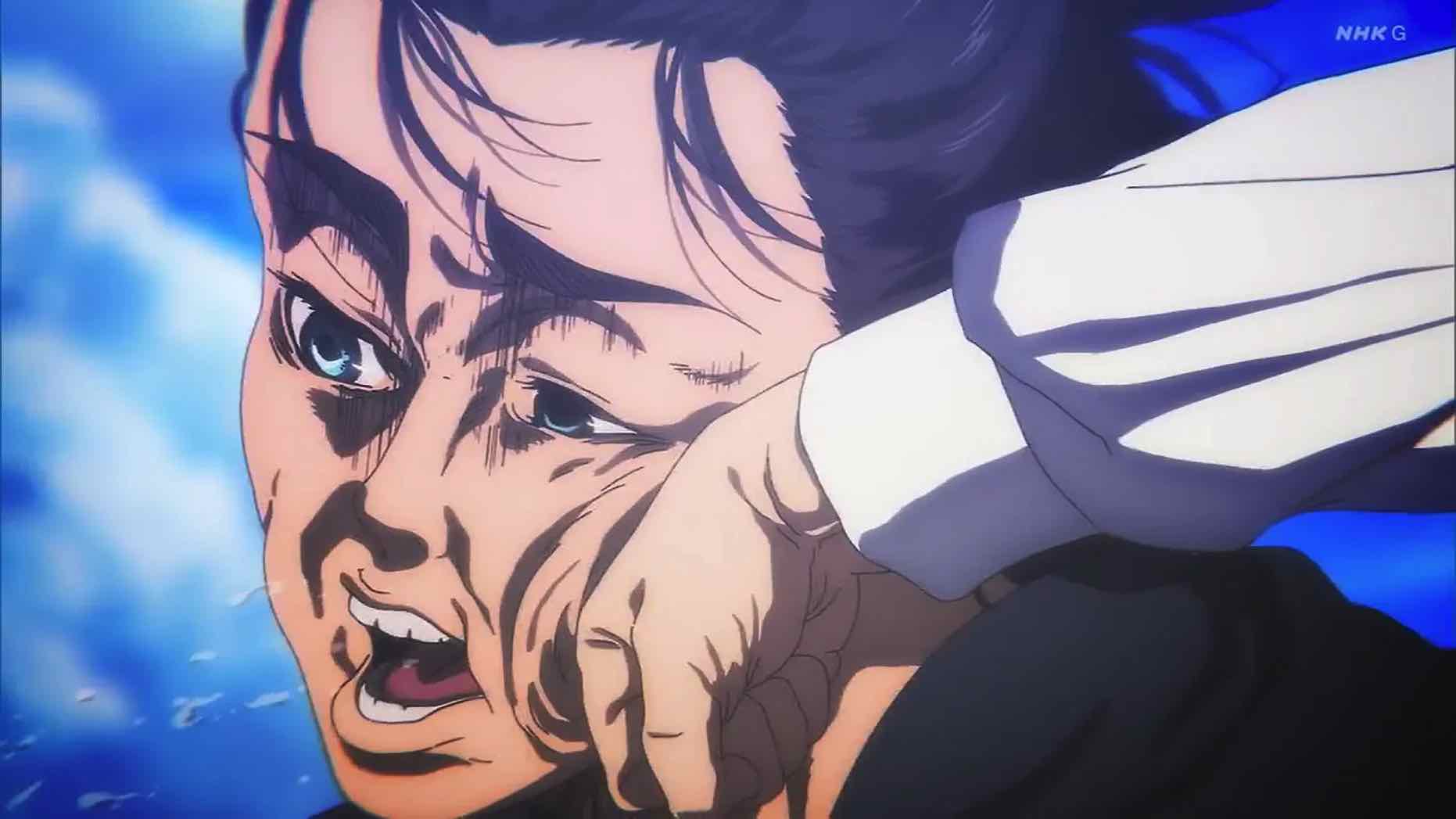
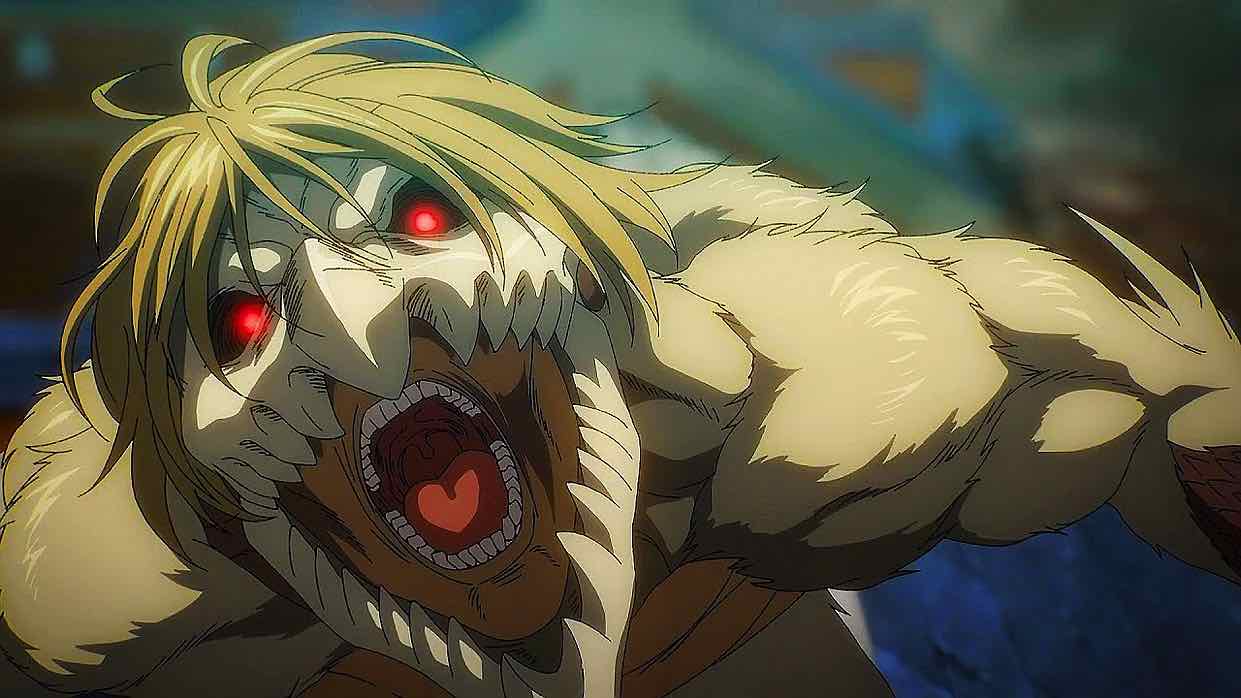
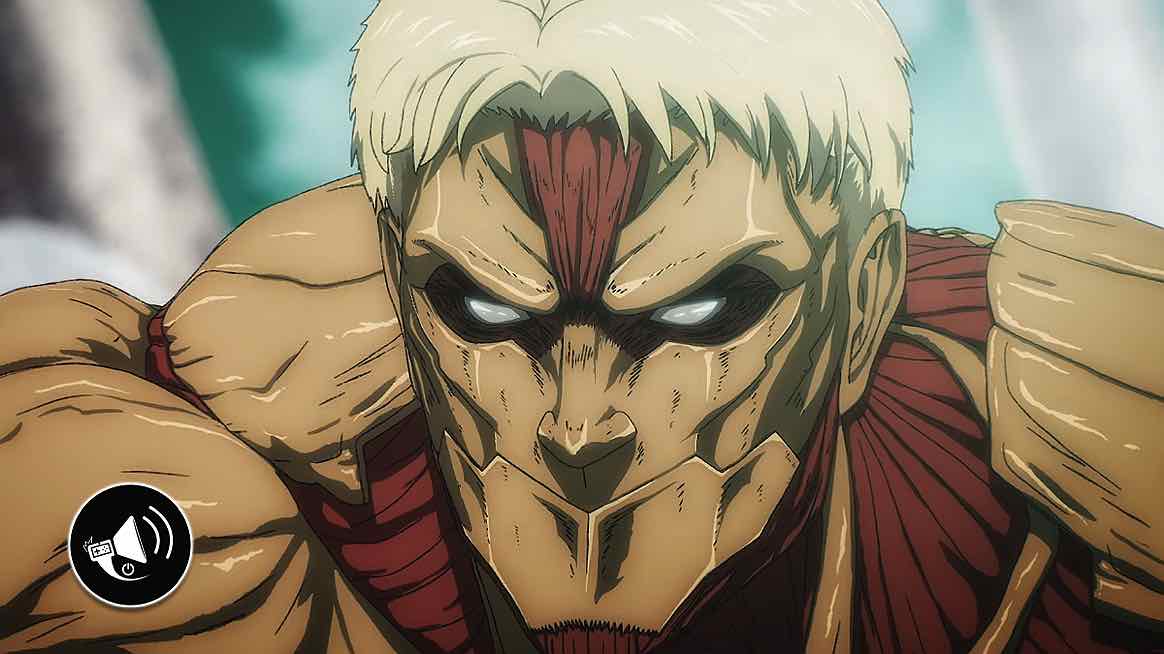
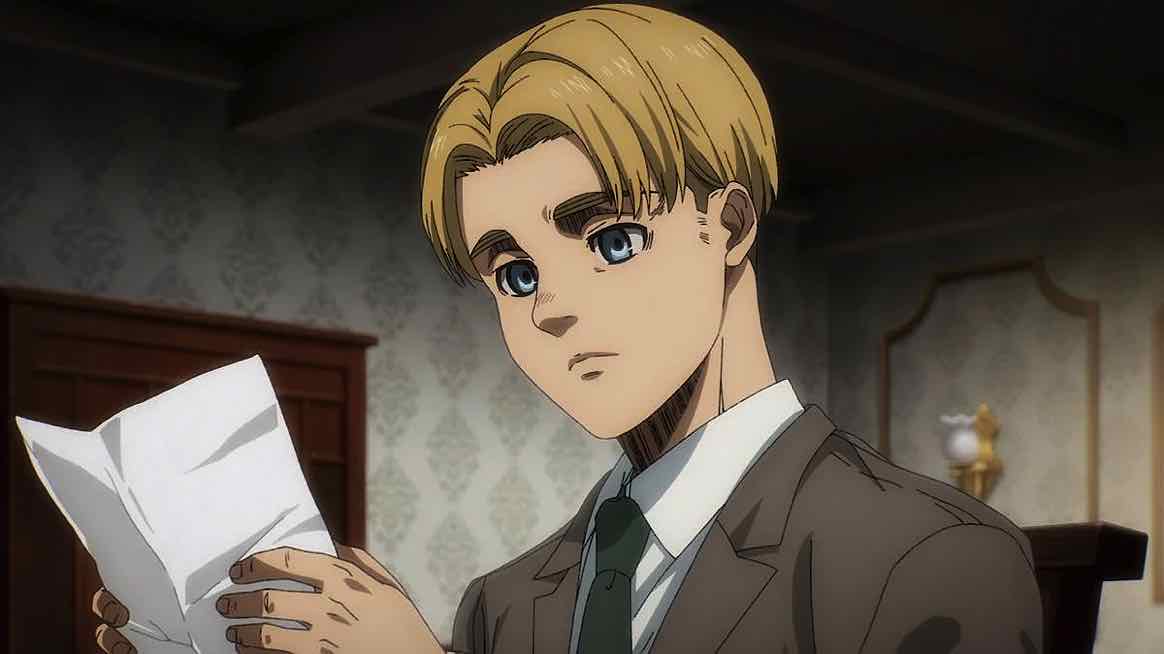
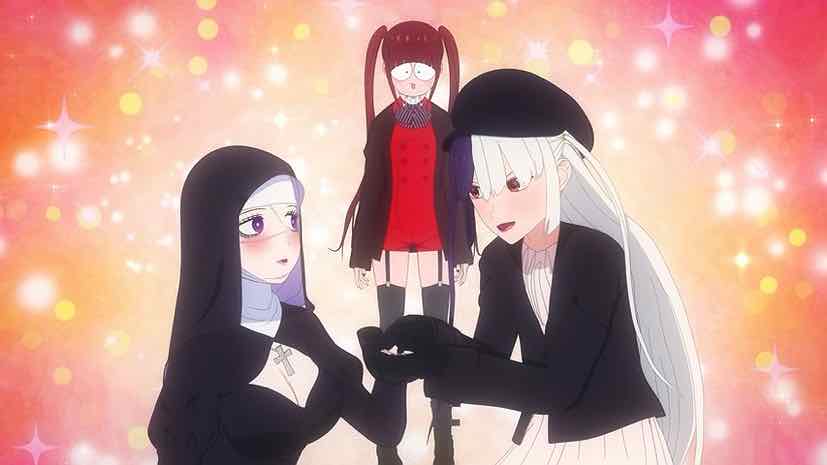
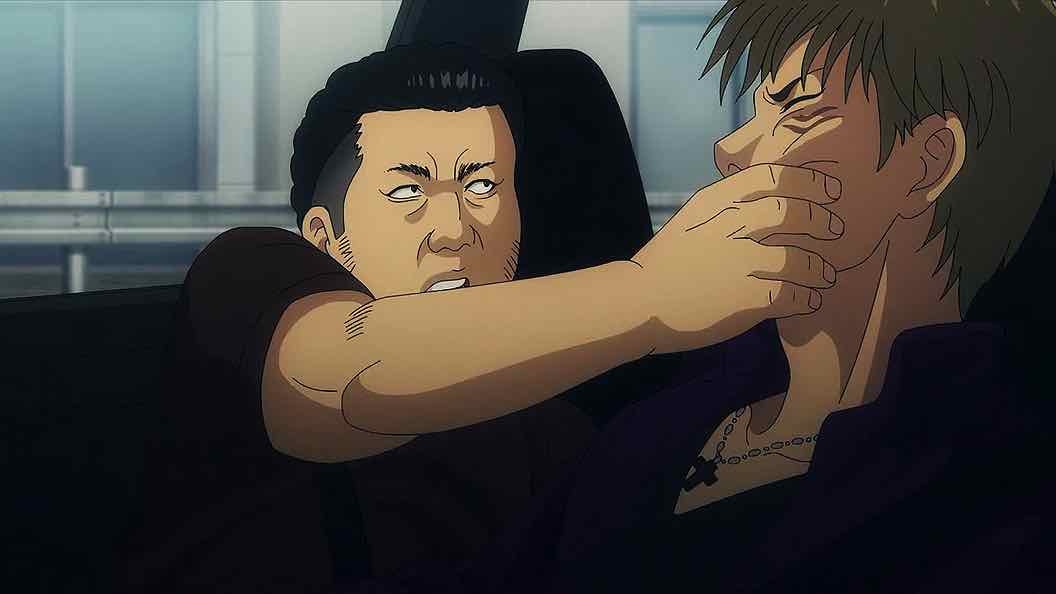
Collectr
February 5, 2024 at 10:22 pmYour long anime nightmare is over.
Derrick
February 6, 2024 at 7:41 amJJK and AoT have this ability to spread their influence through osmosis, so them being part of zeitgeist will always remind me of missed opportunities
Orion Taylor
February 6, 2024 at 10:11 amWaiting for Simone and Blargnobia to drop their takes on the finale… I also can’t believe that I’ve been following this blog for almost a decade (I definitely remember reading posts back in spring of 2014).
I actually really enjoyed the last bit starting with Mikasa at Eren’s grave and then time-skipping to the far future during the end-credits. However, my enjoyment of that sequence relied on me watching it in a mental vacuum that divorced it of all author-intended subtext.
They softened the ending a little bit in the anime. In the manga, Armin actually thanks Eren for his crimes against humanity (yuck).
Guardian Enzo
February 6, 2024 at 10:54 amI frankly don’t see how any of this works if you don’t pretty much turn all your higher cerebral functions off when you watch it.
Raikou
February 6, 2024 at 1:48 pmFinally the shingeki review came!
Well yes the ending is not my cup of tea (I mean with that setup, where can Isayama go?), and Eren is really pathetic about his thing with Mikasa.
I’m just glad Armin is the one who’s leading, he’s my favorite in the whole Shingeki cast. Really too bad about Annie though.
blargnobia
February 7, 2024 at 3:36 pm“I wanted Isayama to fully embrace the darkness of his message and give me something (rage, even disgust) to take with me. But he denied me even that. Mostly he punted on the disturbing ideas he floated through much of this interminable final arcs, and as a result what I was left with was mostly indifference.”
It’s almost admirable how Isayama managed to end it in a way that pleased absolutely no one. (Admittedly it was kind of fun seeing the more awful members of the fanbase flip out over Eren being a ‘cuck.’) Unfortunately, I don’t think this was a petty act of rebellion against the irreconcilable wants of his fanbase. The ending almost seemed… confused, as if Isayama knew he couldn’t go down the pro-genocide route, but couldn’t think of anything else to do. Maybe he avoided the darkest possible ending because this would mean admitting–to himself or to the world–that he has some deeply unpleasant political beliefs, or maybe his publisher just wouldn’t let him. Either way, turning SnK into a weird, doomed love story at the last second seemed like a deliberate obfuscation of whatever Isayama really wanted.
Thank you for covering this all these years, Enzo. I’m guessing it isn’t easy covering something with this much baggage.
Guardian Enzo
February 7, 2024 at 5:26 pmIt wasn’t, but I just had too much invested in it to stop. I couldn’t let it beat me.
I tend to think you’re right about Isayama’s mindset about the ending, though we’ll never know for sure. I think he fancied himself a political philosopher but could never punch above the class of pseudo-intellectualism.
Simone
February 11, 2024 at 6:25 pmI mean, my impression is that the message was always pretty consistent, people simply wanted to read in it something that wasn’t there due to misunderstandings, and now feel like the ending is contradictory. To me it doesn’t seem like there ever was that much wavering in the general direction, AoT merely didn’t plaster large “THIS IS BAD” signs above all bad things it portrayed, nor made all its villains inhuman monsters, but rather people acting on the incentives and knowledge they’re given, which is often bad enough. And that’s about it. It was never a “pro fascism and genocide” story, certainly not after the time skip, and both Enzo and the “Eren did nothing wrong” side of the fanbase merely missed that (though they had opposite opinions of what they DID think it was saying).
Guardian Enzo
February 11, 2024 at 6:50 pmIt’s all subject to interpretation, but I think Isayama’s views pretty much slapped you in the face and you had to close your eyes and pretend really hard to make the sting go away. He just bailed on everything in the end and went completely banal and intellectually bankrupt with the ending.
LGrey
February 7, 2024 at 10:14 pm“I’m the Armor Titan, and Bernthold the Colossal Titan.” That Reiner comedic scene is what I remember most of SnK.